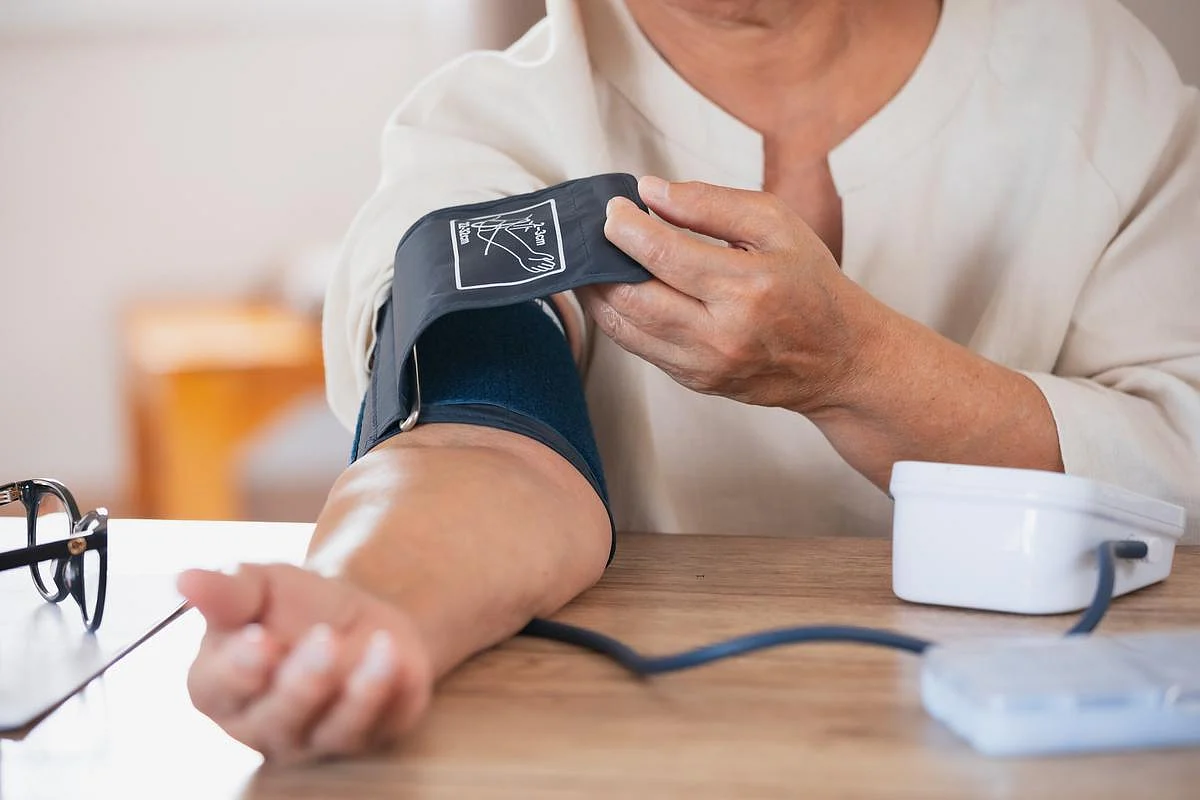.jpg)
Wear-and-tear knee arthritis might be made less painful by a surgical procedure that limits blood flow to the joint, a new pilot study says. As a person’s knee breaks down, the pain is made worse by the growth of small blood vessels that increase blood flow to the joint, researchers said. The new procedure involves… read on > read on >






























